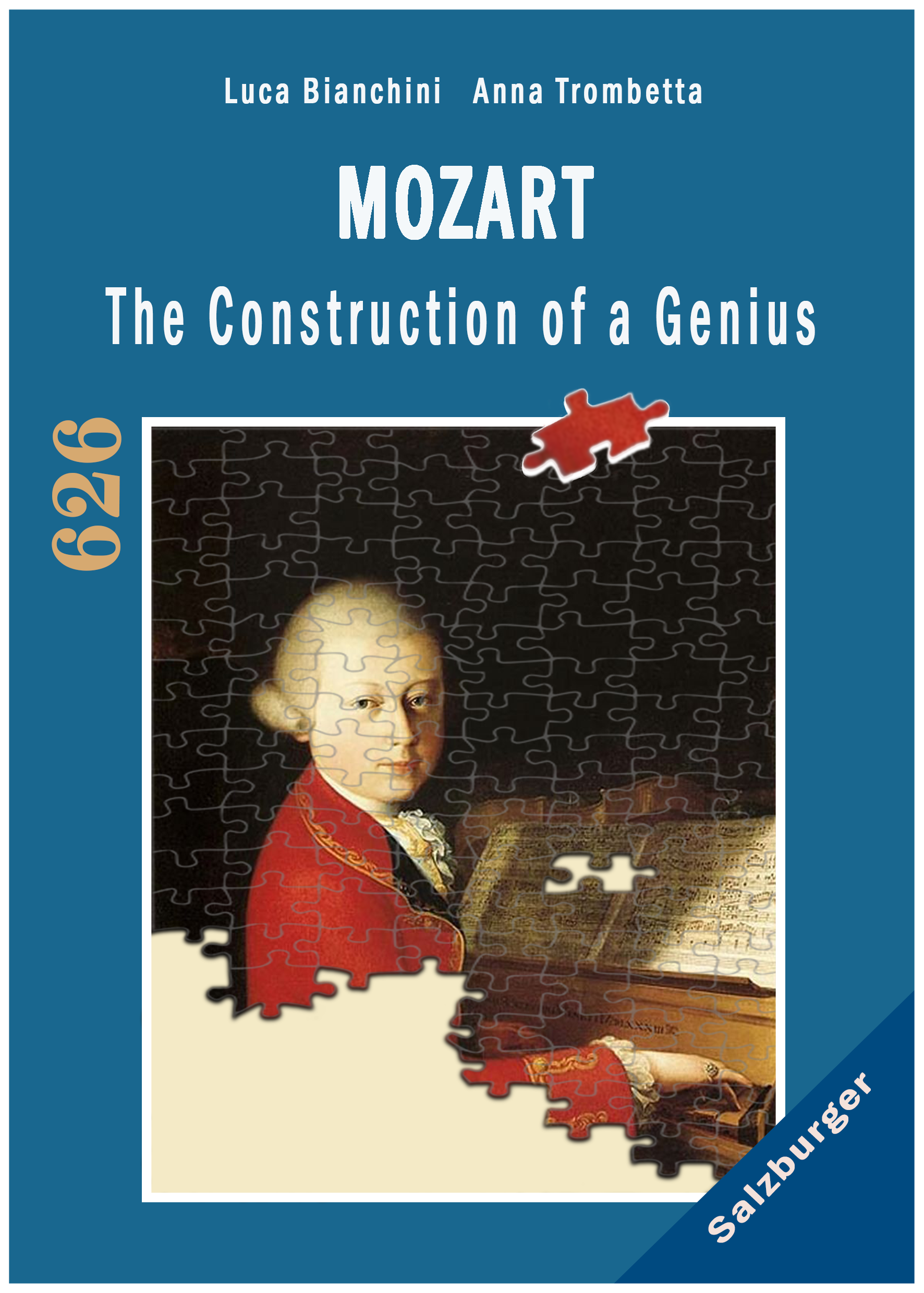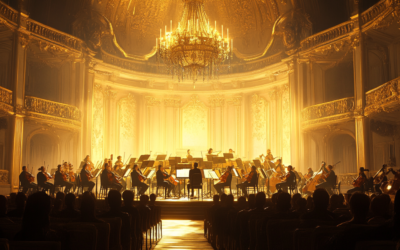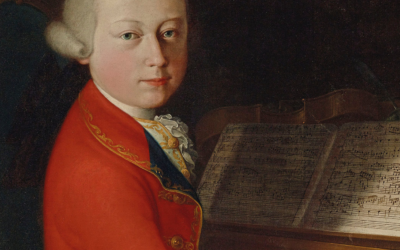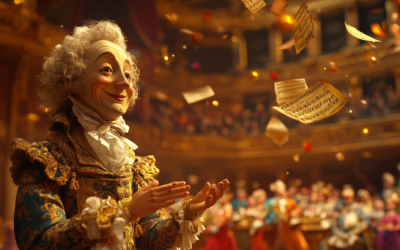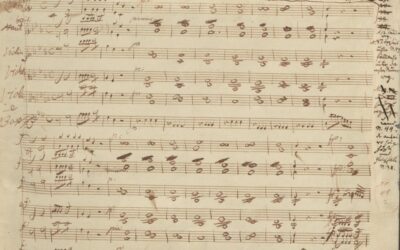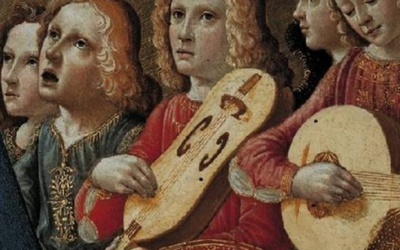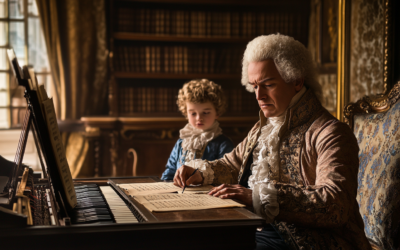Mozart’s Serenade? A New Discovery? Really?
A Controversial Finding in Leipzig Raises Questions About Mozart’s Authenticity
In Leipzig, what was thought to be a new autograph of Mozart turned out to be a questionable copy. Why are such rushed attributions so common for Mozart, and why is it so hard to correct them when proven false?
Mozart: The Construction of a Genius
This book offers a fresh and critical look at the life of Wolfgang Amadeus Mozart, challenging the myths that have surrounded him for centuries. We strip away the romanticised image of the “natural genius” and delve into the contradictions within Mozart’s extensive biographies. Backed by nearly 2,000 meticulously sourced citations, this work invites readers to explore a deeper, more complex understanding of Mozart. Perfect for those who wish to question the traditional narrative, this biography is a must-read for serious music lovers and historians.
"The trouble with fiction is that it makes too much sense, whereas reality never makes sense."
Aldous Huxley
Did Leipzig really uncover a new autograph of Mozart? Not quite. What they found was a copy, and even its dating is questionable. The discussions I’ve come across seem more like speculation, but repeating them doesn’t make them true.
At first glance, the title page might make you think it’s by Mozart, but the piece was actually written by an anonymous copyist about twenty years later—assuming that theory is even accurate. Looking at the title page, the supposed author is a certain “Wofgang” (without the L!).
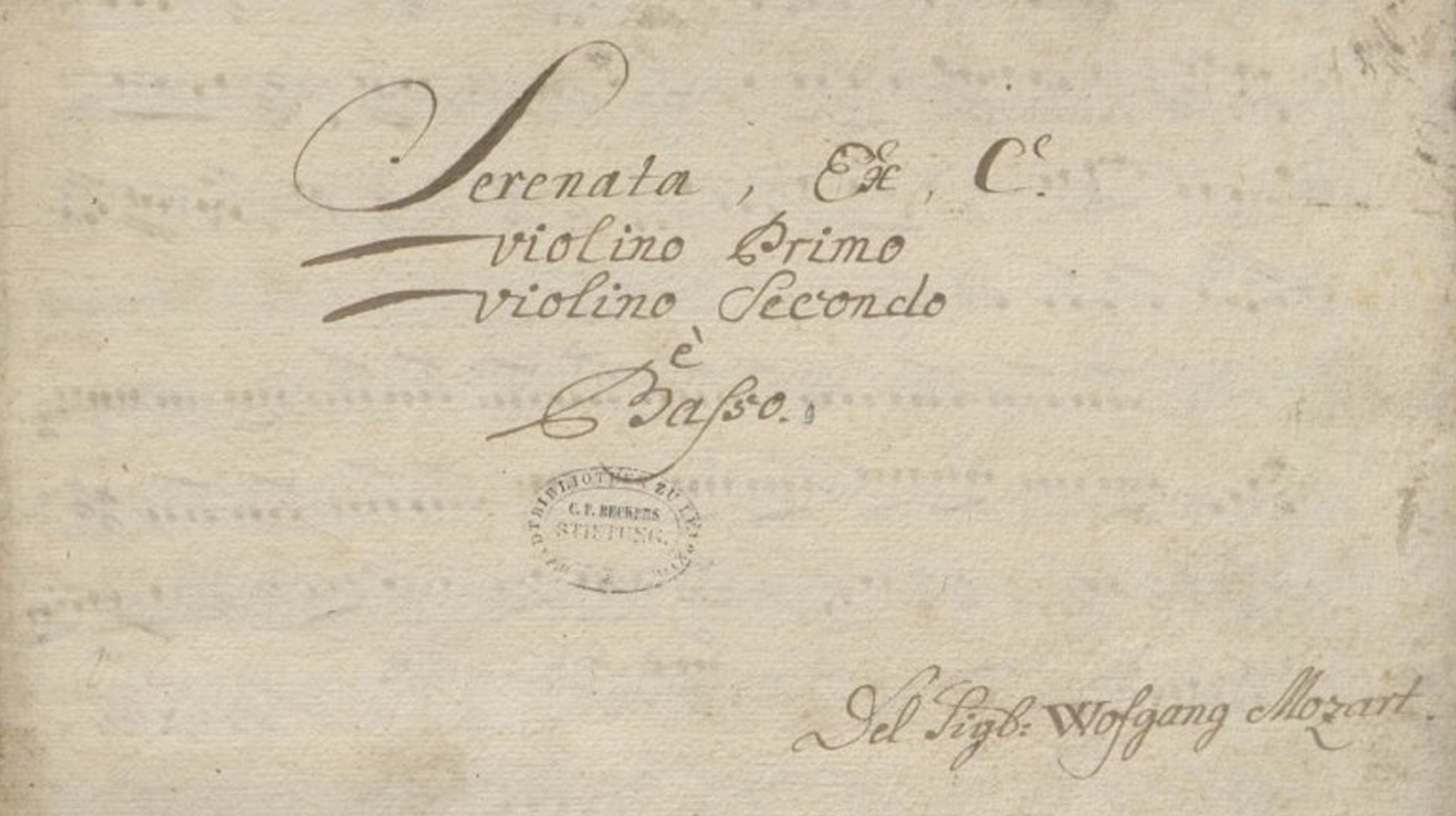
How can we trust an attribution when the name itself is misspelled? For all we know, the music could have been written by his sister, his aunt, or perhaps even a close friend of Leopold. Essentially, anyone.
Without an autograph, a date, a place, or even the correct name, it was almost predictable that this would be quickly absorbed into the Köchel catalogue of Mozart’s works as another “authentic” piece. It’s fascinating to see how eagerly such attributions are made, especially for a figure as iconic as Mozart.
There’s never this kind of urgency when a work, once attributed to Mozart, turns out to have been written by someone else. In those cases, the opposite happens. Once a piece enters the catalogue, it rarely gets removed, even when the evidence clearly shows it’s a forgery.
You May Also Like
Rediscovering Musical Roots: The World Premiere of Gasparini and Mysliveček
This December, history will come alive as the Camerata Rousseau unveils forgotten treasures by Quirino Gasparini and Josef Mysliveček. These premieres not only celebrate their artistry but also reveal the untold influence of Gasparini on Mozart’s Mitridate re di Ponto. A pivotal event for anyone passionate about rediscovering music history.
The Curious Case of Mozart’s Phantom Sonata
In a striking case of artistic misattribution, the Musikwissenschaft has rediscovered Mozart through a portrait, attributing a dubious composition to him based solely on a score’s presence. One has to wonder: is this music really Mozart’s, or just a figment of our collective imagination?
The Illusion of Canonic Mastery
This post explores the simplistic nature of Mozart’s Kyrie K.89, revealing the truth behind his early canonic compositions and their implications on his perceived genius.
The Unveiling of Symphony K.16
The Symphony No. 1 in E-flat major, K.16, attributed to young Wolfgang Mozart, reveals the complex truth behind his early compositions. Far from the prodigious work of an eight-year-old, it is instead a product of substantial parental intervention and musical simplification.
The Cibavit eos and Mozart’s Deceptive Legacy
The Cibavit eos serves as a striking reminder that Mozart’s legacy may be built on shaky foundations, questioning the very essence of his so-called genius.
K.143: A Recitative and Aria in the Shadows of Doubt
K.143 is a prime example of how Mozart scholarship has turned uncertainty into myth. With no definitive evidence of authorship, date, or purpose, this uninspired recitative and aria in G major likely originated elsewhere. Is it time to admit this is not Mozart’s work at all?

